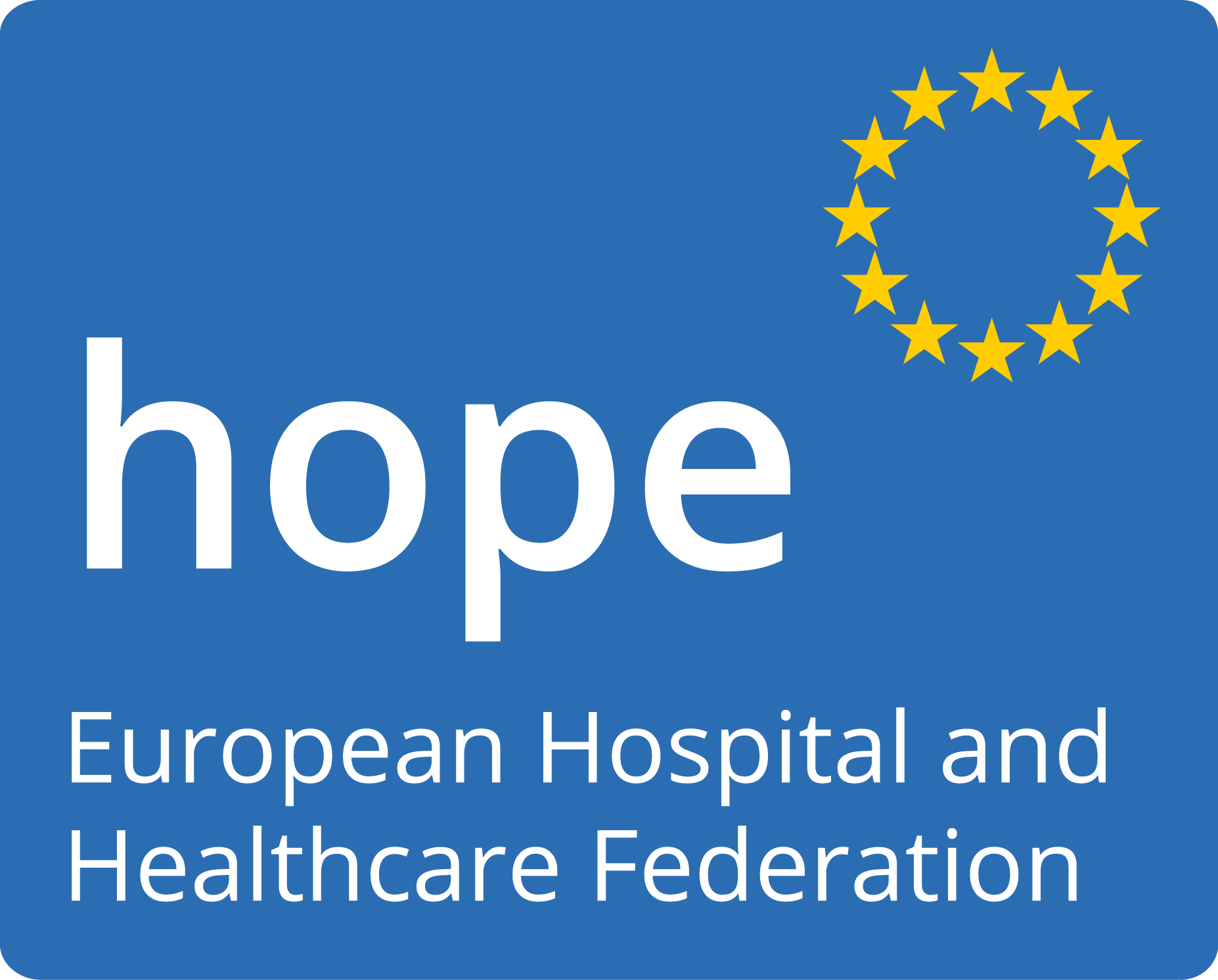Education and training of health workers is fundamental and an important topic for hospitals, which need to ensure that staff possesses the necessary qualifications and skills.
Furthermore, in a world where innovation and knowledge are created at a fast pace, continuous professional development (CPD) needs to be promoted to improve quality of care and patient safety, and to avoid skills mismatches and workforce shortages.
For this reason, HOPE has closely been following legislative developments in this area, such the review of the professional qualifications Directive which took place between 2011 and 2013. HOPE also participated in a number of workshops and conferences on the topic of CPD, which is recognised as key to ensure that professionals are able to update their knowledge, skills and competences to maintain safe and effective practice.
HOPE has also been involved in a number of projects which aimed to create new skills and competences among the health workforce in areas such as management (Manahealth) haematology, mycology and parasitology for all biomedical laboratories (E-MEDICINimage), crisis communication (Health C), professional practice on child abuse (IPPOCA), Training in 3-D printing (ALLADIN).
EU Projects
New roles and new skills
The deep changes in the medical and demographic structure of the population, in the social, economic, and technological environment, as well as the increasing patients’ needs and citizens’ expectations, affect the ability of EU healthcare systems to give proper and prompt answers. Each country can face these challenges in a different way, and its decisions clearly have a strong impact on healthcare professionals’ activities.
In this environment, HOPE selected “New roles and new skills for health professionals” as the topic for its HOPE Exchange Programme 2009, a 4-week training programme during which hospital and health care professionals with managerial responsibilities work in a foreign country on a specific topic. At the end of the training, participants gathered by country of destination prepared a presentation concerning what they learned about their hosting countries. During a final conference, the group presentations are discussed, and three of them are awarded.
The report “New roles, new skills” presents the main findings of the conference 2009, where participants illustrated through several practical examples how changes in the healthcare systems affect healthcare professionals’ working pathways and presented the new emerging roles and skills in EU countries.
The main findings of the conference include some common tendencies in the hospital and healthcare services organisation of EU Member States but above all three important trends regarding hospital and healthcare professionals: the development of new roles, with new tasks related to new positions; the rise in new skills, mainly related to managerial abilities and ICT competencies, and ‘skills transfer’, concerning the shift of tasks and responsibilities from higher to lower professional levels.
